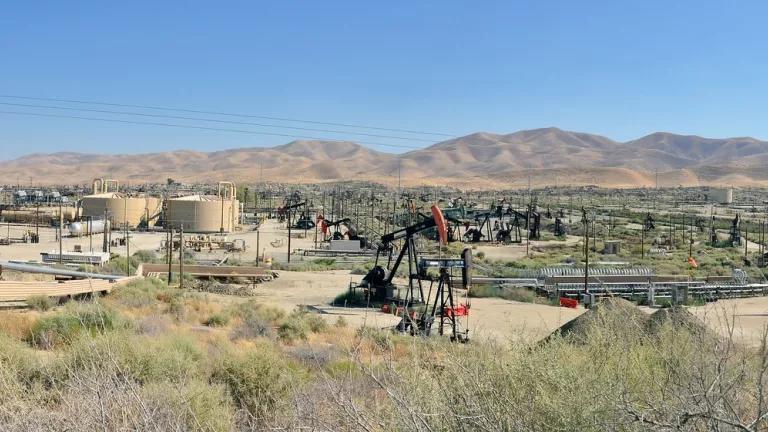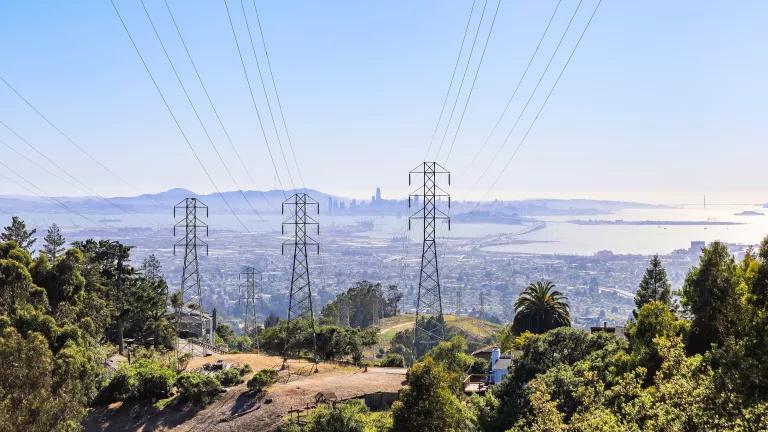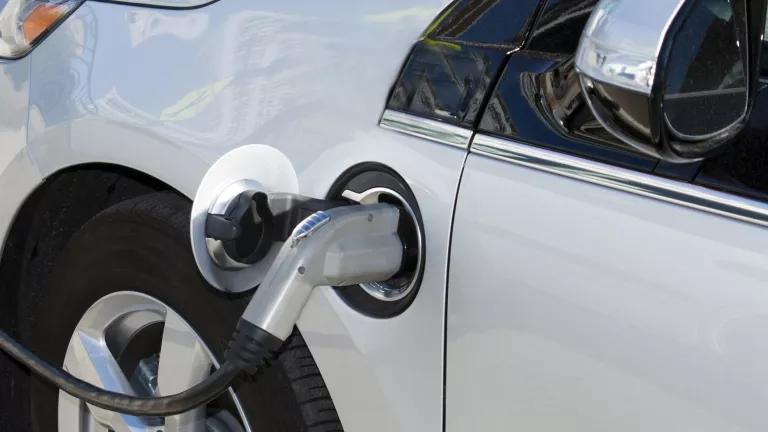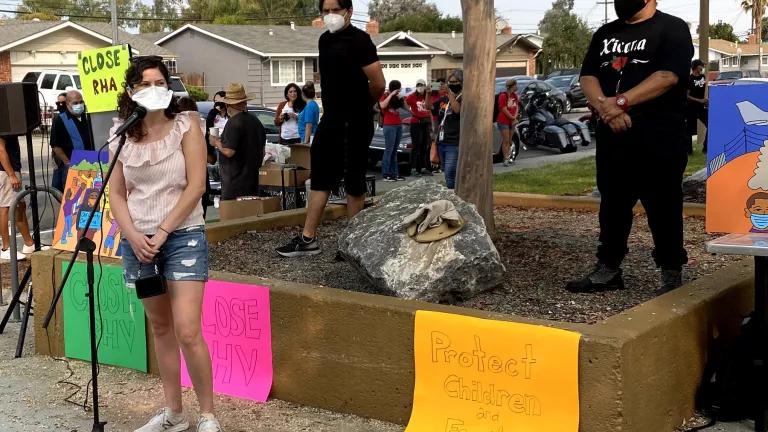
Buried in the minutiae of California’s 2019 budget act was an item that many of us in the California environmental community are quite excited about:
Of the funds appropriated in this item, $1,500,000 shall be available for a study to identify strategies to decrease demand and supply of fossil fuels, while managing the decline of fossil fuel use in a way that is economically responsible and sustainable. The Secretary for Environmental Protection shall contract with the University of California system to produce this study. An interagency state team led by the California Environmental Protection Agency shall further develop the scope of the study in order to evaluate pathways to achieve a carbon neutral economy by 2045, manage the decline of in-state production as the state’s fossil fuel demand decreases, and assess potential impacts to disadvantaged and low-income communities and strategies to address those impacts. The Secretary for Environmental Protection shall consult with the Natural Resources Agency, the Transportation Agency, the Labor and Workforce Development Agency, and the Office of Planning and Research on the study.
I recognize that anyone who uses “excited” and “Budget Act” in the same sentence is copping to some Grade A wonkery—particularly when the object of the excitement is a study. But hear me out as to why this particular wonkery is potentially groundbreaking.
The focus of California’s climate leadership has generally been on finding ways to reduce our demand for climate-polluting fossil fuels, and the emissions from combusting them. AB 32 drove California’s climate focus by mandating a reduction of greenhouse gas emissions to 1990 levels, launching a cap-and-trade program, low carbon fuel standard, and other measures. California is preparing to fight vigorously to preserve its authority under the federal Clean Air Act to set more stringent automobile emissions standards. Last year’s SB 100, California’s clean electricity law, sets a goal for the state to run on 100% carbon-free electricity by 2045 and accelerates our renewable energy requirements. And so forth.
These efforts to reduce demand for fossil fuels are, of course, fundamental to any sound climate policy and should be redoubled. But they stand in weird contrast to the fact that California is an oil producing behemoth. On the supply side, we are currently the seventh largest oil producing state—down from third a few years ago, but still a huge producer. While California’s carbon combustion emissions are dropping, California is producing millions of barrels per year of some of the dirtiest, most carbon-intensive crude oil on the planet. And we’re exporting a whole lot of that carbon to China and elsewhere in the form of petcoke—California refineries make more of that than they do gasoline.
And that unfortunate disparity between California’s demand-side and supply-side approaches to climate change is what has many of us jazzed about the Budget Act studies. The key language in all that budget-ese about the studies is this: “identify strategies to decrease demand and supply of fossil fuels.” For the first time in, well, ever, California EPA is being asked to take a hard look at not just ways to reduce demand, but also ways that California can move away from its role as supplier of dirty crude oil.
It’s a huge opportunity to lay groundwork for progressing to an oil-free economy. But it’s one that needs to be taken advantage of and handled correctly. NRDC recently submitted comments to CalEPA, as part of the agency’s scoping process, laying out the research topics that we think need to be on the table in order for the supply-side aspect of the study to be meaningful. We asked the agency to focus on, among other things:
- The full lifecycle impact of California’s oil production. You have to measure a problem before you can fix it, so we want CalEPA to do a thorough inventory of the carbon footprint of California’s dirty crude oil.
- The economic benefits of transitioning away from oil production. Many times, the conversation in California about moving away from oil tends to be driven by oil company scare-rhetoric about what we might lose economically. CalEPA needs to study what we would gain, both economically from growth of other industries, and in terms of health benefits for pollution-ravaged oil producing communities.
- Well decommissioning. We need to study how to ensure that, as oil production declines, we can make sure that communities and California taxpayers are not stuck with the burden of abandoned wells.
- Strategies for curbing production. We encouraged CalEPA to take a broad look at potential strategies for curbing oil production, and finding ways to take the most problematic crude oil production offline first. This might be done, for instance, with well setback requirements prohibiting oil production close to homes, schools, hospitals, or other sensitive populations; or establishing economic disincentives for production of the most carbon-intensive crude oil.
So with our comments submitted, we wait with wonkily bated breath to see whether CalEPA—via the University of California researchers who will be conducting the study—will produce the groundbreaking supply-side research that the state needs to underpin a truly comprehensive and just climate policy. An awful lot of advocates, and drilling-besieged communities, are hoping they come through.




